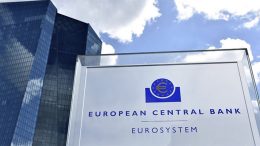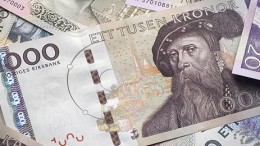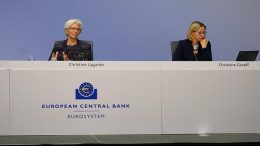The ECB Links The Dividend Veto To The Default Rate; Santander Urges It To Reconsider
The ECB is focusing on the proactive management of NPLs, linking the dividend policy to the impact of Covid19 on credit quality. Estimates suggest an increase in delinquency rates of up to €1.4 Tr in an adverse macro scenario, equivalent to 5.7% of the capital ratio. At a round table organized last week by the Bundesbank, Banco Santander chairman Ana Patricia Botín argued that the dividend veto is one reason why the banking sector is not sufficiently resilient “in terms of its ability to attract capital.”










